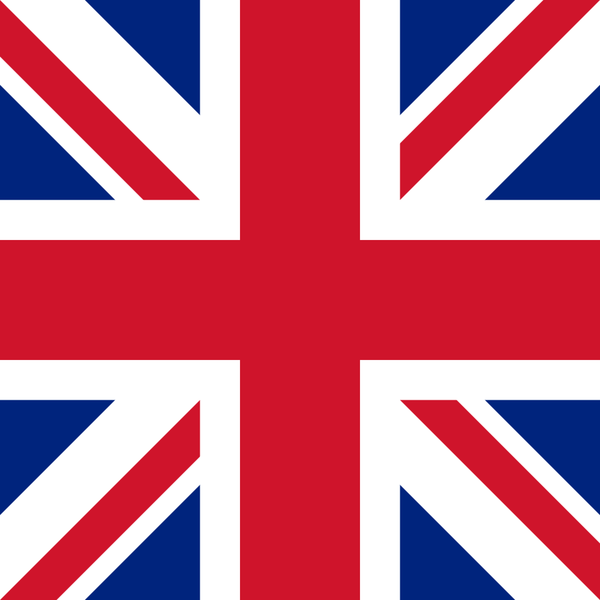

I always found it funny to read it as Sharon, and now you’re telling me it’s named after someone called Charlene? This keeps getting better


I always found it funny to read it as Sharon, and now you’re telling me it’s named after someone called Charlene? This keeps getting better


You could say something like “the image of exponentiation over…” to mean the set of values created by applying the function once, but it sounds slightly clunky.
Looks like there aren’t really very many sets of mostly transcendental numbers that have names. Computational numbers and periods are two of them, I’d guess that both probably contain your set, so you could compare with those to see where it gets you.


Fun question! I don’t know the answer other than to say it’s not just the algebraics because of the Gelfond-Schneider constant
Are you sure this is well-defined? You say that a and b are algebraic but “closure” implies that they could also be any members of S. This might mess up your proof that it’s not all the reals if you do mean the closure.


Currently, employees have the legal right to request flexible working, but there is no obligation on companies to agree. That balance of power is to be shifted, with companies instead legally obliged to offer flexible working from day one except where it is “not reasonably feasible”.
Seems this isn’t about a 4 day week specifically, but about employers being required to give their reasons when they reject flexible working requests. The telegraph is just using it as an example of something an employee could request.
Use it to find the mooving average
It can feel like that, though I’m sure it’s (mostly) not deliberate. Also the sudden jump from straightforward to incomprehensible, accompanied by a comment from the author along the lines of “well duh”
All maths papers are like this


“could be”?!


Don’t think I’d want to subject the poor spider to that, however funny it would be for onlookers!


Always uplifting to see a struggling native species doing well. Hope I get to see one of these beauties up close one day, shame they are still limited to just a few locations.
I definitely don’t get this comic, but I can give us a starting point on the first statement: “moral situations can be described using Kripke Models”-
Kripke Models are based on Modal Logic, which is a way of doing formal logic including definitions of “necessarily” and “possibly”. The link between Modal Logic and ethics is Deontic logic, where “necessarily” is taken to mean “obligatory” and “possibly” means “permitted”. Sheaves and Topos theory are pure mathematics stuff and “Globo Matho” doesn’t mean anything as far as I can tell.
Be sure to let us all know if you find out what this means!
Facebook comment sections on anything scientific are always entertaining!
Sure 0.999…95
Just kidding, the guy on the left is correct.
I thought that too as there is 1 planet too many, but now I think Pluto is the extra. The one between Mars and Neptune is Mercury


I remember reading that the transporter was added to TOS mainly to speed up storytelling, with the technobabble behind it being expanded on later. Then replicators/holodeck put in TNG because it made sense based on similar technology. So basically you’re exactly right, it is magic
Counterpoint: if you say you have a number of things, you have at least two things, so maybe 1 is not a number either. (I’m going to run away and hide now)
https://en.wikipedia.org/wiki/Cousin_prime
2 -> twin, 4 -> cousin, 6 -> sexy, 8 -> ???
I just assumed it was one of these http://www.voting.ukscientists.com/penrose.html

If you haven’t seen them you’ve been lucky. They are definitely out there
Nice work!